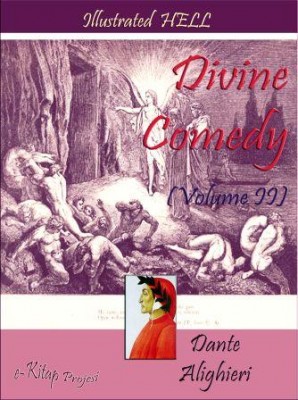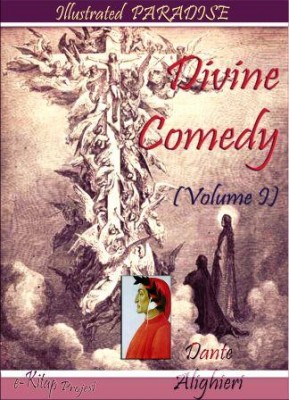More Search Results...

Durante degli Alighieri, simply referred to as Dante (c. 1265–1321), was a major Italian poet of the Middle Ages. His Divine Comedy, originally called La Comedia and later called Divina by Boccaccio, is widely considered the greatest literary work composed in the Italian language and a masterpiece of world literature.
In Italy he is known as il Sommo Poeta (“the Supreme Poet”) or just il Poeta. He, Petrarch and Boccaccio are also known as “the three fountains” or “the three crowns”. Dante is also called the “Father of the Italian language”.
Life
Dante was born in Florence, Italy. The exact date of birth is unknown, although it is generally believed to be around 1265. This can be deduced from autobiographic allusions in La Divina Commedia. Its first section, the Inferno, begins “Nel mezzo del cammin di nostra vita” (“Halfway through the journey of our life”), implying that Dante was around 35 years old, since the average lifespan according to the Bible (Psalms 89:10, Vulgate) is 70 years; and since his imaginary travel to the nether world took place in 1300, he must have been born around 1265. Some verses of the Paradiso section of the Divine Comedy also provide a possible clue that he was born under the sign of Gemini: “As I revolved with the eternal twins, I saw revealed, from hills to river outlets, the threshing-floor that makes us so ferocious” (XXII 151–154). In 1265, the sun was in Gemini between approximately May 11 and June 11.
Divine Comedy (Volume II)
Readers often cannot understand how such a serious work may be called a "comedy". In Dante's time, all serious scholarly works were written in Latin, a tradition that would persist for several hundred years more until the waning years of the Enlightenment, and works written in any other language were assumed to be more trivial in nature. Furthermore, the word "comedy" in the classical sense refers to works which reflect belief in an ordered universe, in which events tended toward not only a happy or amusing ending but one influenced by a Providential will that orders all things to an ultimate good. By this meaning of the word, as Dante himself wrote in a letter to Cangrande I della Scala, the progression of the pilgrimage from Hell to Paradise is the paradigmatic expression of comedy since the work begins with the pilgrim's moral confusion and ends with the vision of God.
More info →Divine Comedy (Volume I)
The Divine Comedy describes Dante's journey through Hell (Inferno), Purgatory (Purgatorio), and Paradise (Paradiso), guided first by the Roman poet Virgil and then by Beatrice, the subject of his love and of another of his works, La Vita Nuova. While the vision of Hell, the Inferno, is vivid for modern readers, the theological niceties presented in the other books require a certain amount of patience and knowledge to appreciate. Purgatorio, the most lyrical and human of the three, also has the most poets in it; Paradiso, the most heavily theological, has the most beautiful and ecstatic mystic passages in which Dante tries to describe what he confesses he is unable to convey (e.g., when Dante looks into the face of God: "all'alta fantasia qui mancò possa" — "at this high moment, ability failed my capacity to describe," Paradiso, XXXIII, 142).
More info →

































